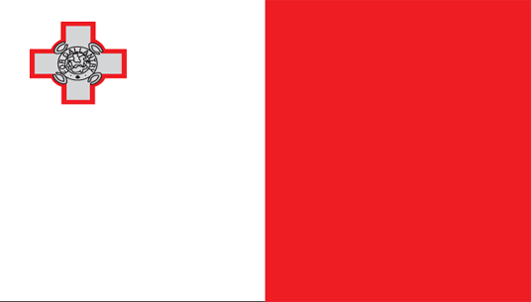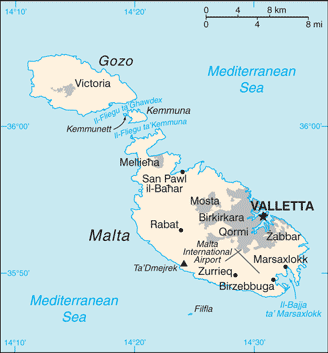Investing in Malta


Malta produces only about 20% of its food needs, has limited fresh water supplies, and has few domestic energy sources. Malta's geographic position between the EU and Africa makes it a target for illegal immigration, which has strained Malta's political and economic resources. Malta adopted the euro on 1 January 2008. Malta's financial services industry has grown in recent years and in 2008-09 it escaped significant damage from the international financial crisis, largely because the sector is centered on the indigenous real estate market and is not highly leveraged. Locally, the restricted damage from the financial crisis has been attributed to the stability of the Maltese banking system and to its prudent risk-management practices. The global economic downturn and high electricity and water prices hurt Malta's real economy, which is dependent on foreign trade, manufacturing - especially electronics and pharmaceuticals - and tourism, but growth bounced back as the global economy recovered in 2010. Following a 1.2% contraction in 2009, GDP grew 2% in 2010. In early 2011, the EU ended excessive deficit procedures against Malta, after Malta had taken measures to correct an excessive deficit in 2010 and appeared likely to reach its deficit target of 2.8% of GDP in 2011.
Bank of Valletta (BOV)
HSBC Bank Malta (HSB)
Malta International Airport (MIA)
Middlesea Insurance (MSI)
Simonds Farsons Cisk (SFC)
Central Bank of Malta - http://www.centralbankmalta.com/
Malta Stock Exchange - http://www.borzamalta.com.mt/
Malta Investing News
2011-04-29 - (bl) - Malta says Bonello will step down as ECB governor end June
2011-04-05 - (bl) - GeneSyst plans $618 million investment in ethanol plants on Malta islands
2010-08-09 - (bl) - Italy hedge fund stars, chefs lured by Malta climate
2006-02-09 - (eco) - Malta's stock exchange: No exchange is an island
Learn more:
Back to Country Investing



